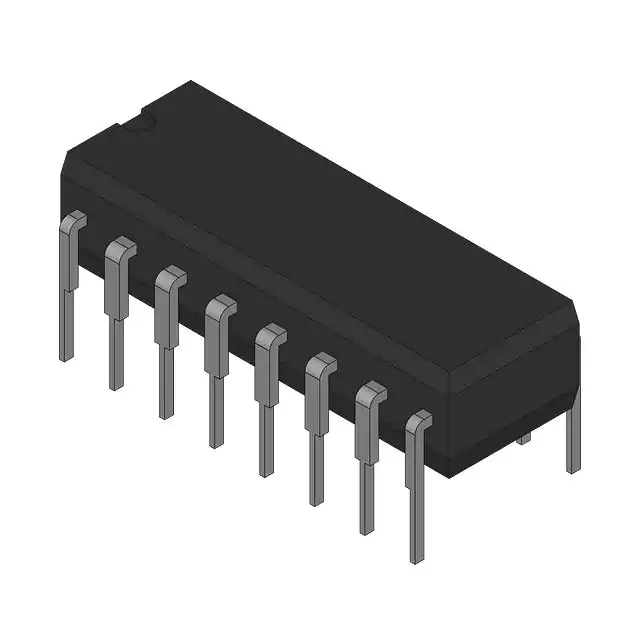The CD54HC158 and CD74HC158 are obsolete and no longer are supplied.
DescriptionThe ’HC157, ’HCT157, ’HC158, and ’HCT158 are quad 2-input multiplexers which select four bits of data from two sources under the control of a common Select input (S). The Enable input (E\) is active Low. When (E\) is High, all of the outputs in the 158, the inverting type, (1Y\-4Y\) are forced High and in the 157, the non-inverting type, all of the outputs (1Y\-4Y\) are forced Low, regardless of all other input conditions.
Moving data from two groups of registers to four common output busses is a common use of these devices. The state of the Select input determines the particular register from which the data comes. They can also be used as function generators.
Feature
- Common Select Inputs
- Separate Enable Inputs
- Buffered inputs and Outputs
- Fanout (Over Temperature Range)
- Standard Outputs . . . . . . . . . . . . . . . 10 LSTTL Loads
- Bus Driver Outputs . . . . . . . . . . . . . 15 LSTTL Loads
- Wide Operating Temperature Range . . . -55°C to 125°C
- Balanced Propagation Delay and Transition Times
- Significant Power Reduction Compared to LSTTL Logic ICs
- HC Types
- 2V to 6V Operation
- High Noise Immunity: NIL = 30%, NIH = 30%of VCC at VCC = 5V
- HCT Types
- 4.5V to 5.5V Operation
- Direct LSTTL Input Logic Compatibility, VIL = 0.8V (Max), VIH = 2V (Min)
- CMOS Input Compatibility, Il1μA at VOL, VOH
The CD54HC158 and CD74HC158 are obsolete and no longer are supplied.
DescriptionThe ’HC157, ’HCT157, ’HC158, and ’HCT158 are quad 2-input multiplexers which select four bits of data from two sources under the control of a common Select input (S). The Enable input (E\) is active Low. When (E\) is High, all of the outputs in the 158, the inverting type, (1Y\-4Y\) are forced High and in the 157, the non-inverting type, all of the outputs (1Y\-4Y\) are forced Low, regardless of all other input conditions.
Moving data from two groups of registers to four common output busses is a common use of these devices. The state of the Select input determines the particular register from which the data comes. They can also be used as function generators.










